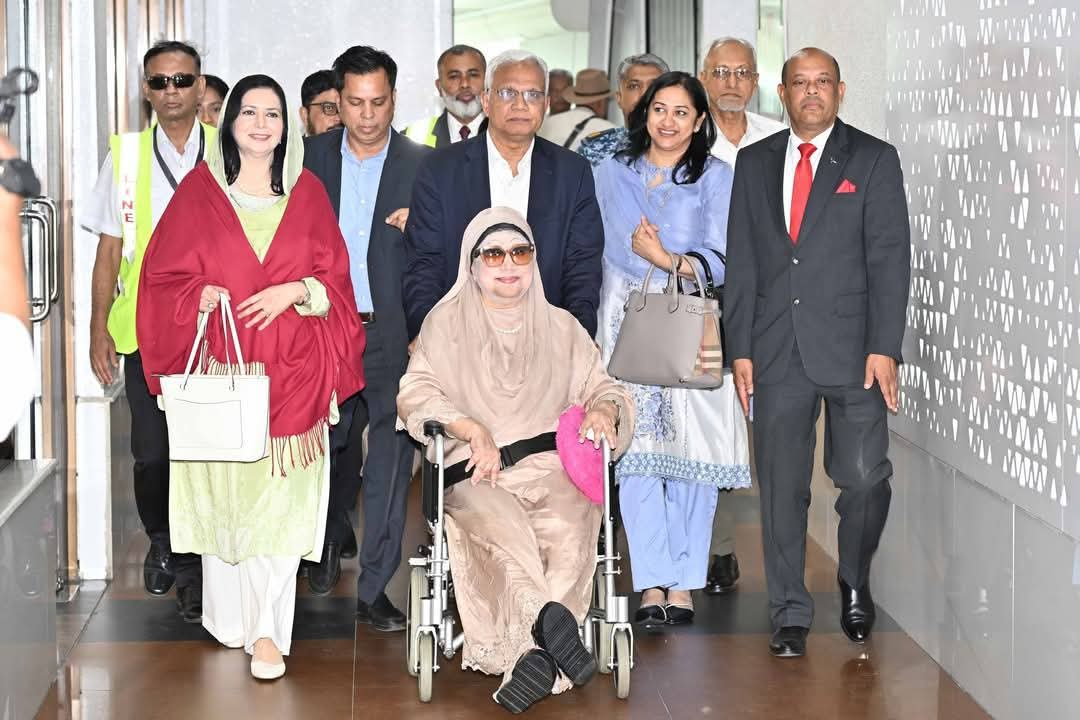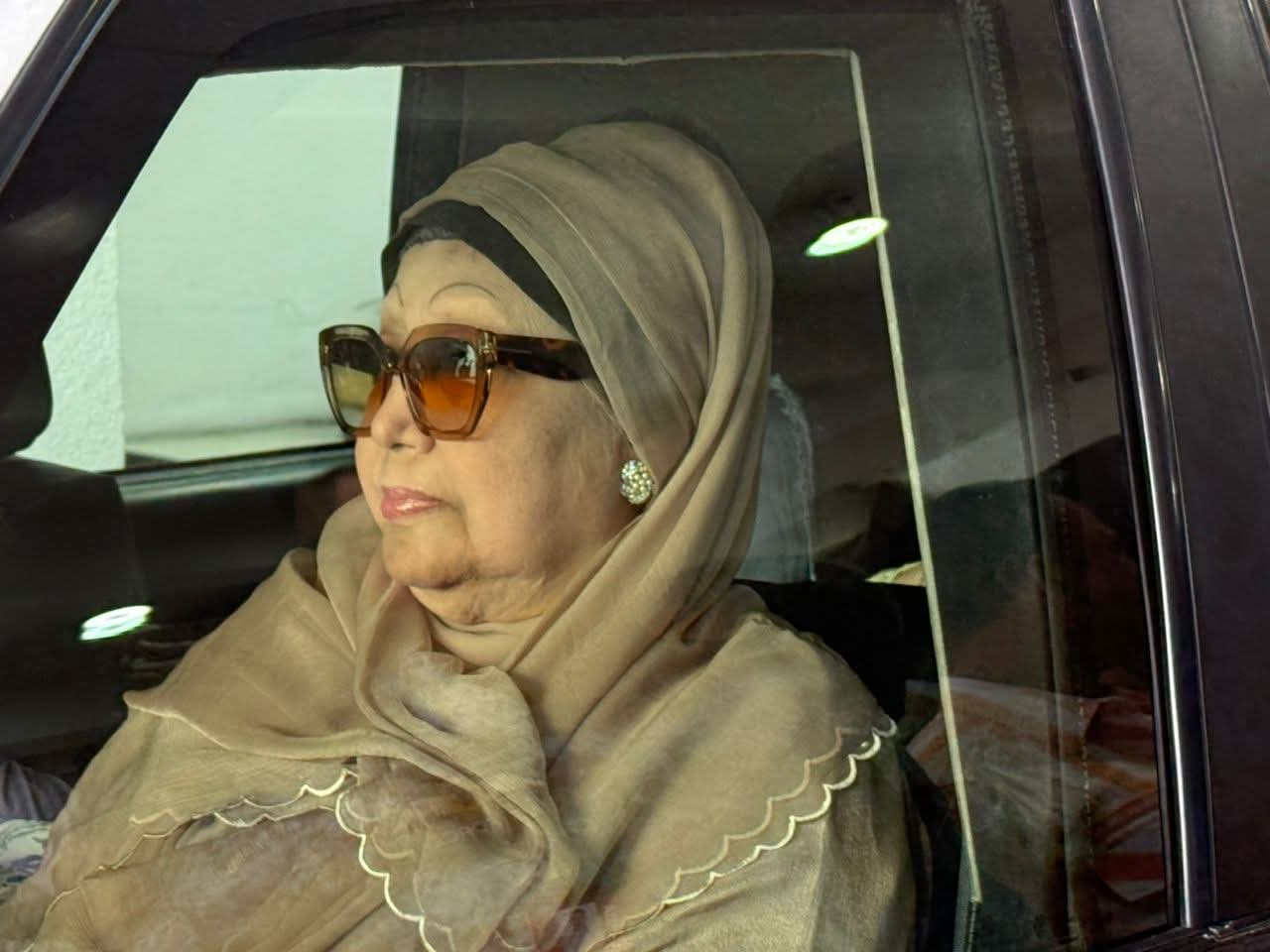From a military officer’s wife to the most enduring political figure in Bangladesh’s turbulent democracy, Khaleda Zia’s journey has been anything but ordinary.
Her political awakening began in tragedy.
In 1981, her husband, President Ziaur Rahman—founder of the Bangladesh Nationalist Party (BNP)—was assassinated in Chittagong. Thrust into national prominence as a grieving widow, Khaleda Zia soon transformed into a powerful voice against General Ershad’s military dictatorship.
Her fearless resistance made her the face of democratic struggle throughout the 1980s.
The turning point came in 1991. In Bangladesh’s first free and fair election, she stunned critics and rivals alike by leading the BNP to victory, becoming the country’s first female Prime Minister. Her rival Sheikh Hasina rejected the results as “engineered,” but the world welcomed a new democratic chapter.
After losing power in 1996 and serving as Leader of the Opposition until 2001, Khaleda Zia reclaimed office in a landslide.
However, her second term was marred by growing tensions over electoral reforms. The controversy surrounding the appointment of a pro-BNP Chief Justice as head of the caretaker government sparked violent protests and led to the military-backed 1/11 regime in 2007.
She was arrested during that time but refused to leave the country in exile, unlike others, and stood trial.
Her political resilience was further tested after losing the 2008 election.
Between 2009 and 2014, she served again as the opposition leader, but boycotted the 2014 polls, calling them undemocratic as by then Sheikh Hasina’s government annulled the caretaker provision.
What followed was a barrage of politically motivated legal cases and a conviction that led to her imprisonment.
During the COVID-19 pandemic, she was granted conditional release but refused to go abroad for treatment, despite serious liver ailments. Her decision was shaped by principle and pain—her younger son Arafat Rahman Koko had died in exile, and her elder son Tarique Rahman remained in London.

For years, Khaleda Zia appeared sidelined—frail, ailing, and confined—until the dramatic collapse of Sheikh Hasina’s government on August 5, 2024. With a wave of student-led protests, the controversial cases against her were dropped, and the path was cleared for her to seek treatment in London.
Now, after more than four months abroad, she has returned home in good health and high spirits.
Tens of thousands of BNP supporters lined the route from Hazrat Shahjalal International Airport to her Gulshan residence, turning her arrival into a national moment. From security protocol to political messaging, all signs pointed to one truth—Khaleda Zia is back at the centre of Bangladesh’s political future.
Her quiet strength has held her party together through the most brutal phases of political repression. Despite her age and ailments, she has nurtured both the BNP and her exiled son Tarique Rahman as the next generation leader.
With the Yunus-led interim government pledging to hold free and fair elections, many believe Khaleda Zia is poised to make a fourth bid for the premiership—perhaps her most consequential yet. And in the eyes of many, there is currently no political figure in Bangladesh who commands more respect or emotional loyalty.
From widowhood and jail to the heights of statecraft and back again—Khaleda Zia’s life has mirrored the tumultuous journey of Bangladesh’s democracy. And as she returns, the people watch with hope, fear, and a deep awareness that history is again being written.


